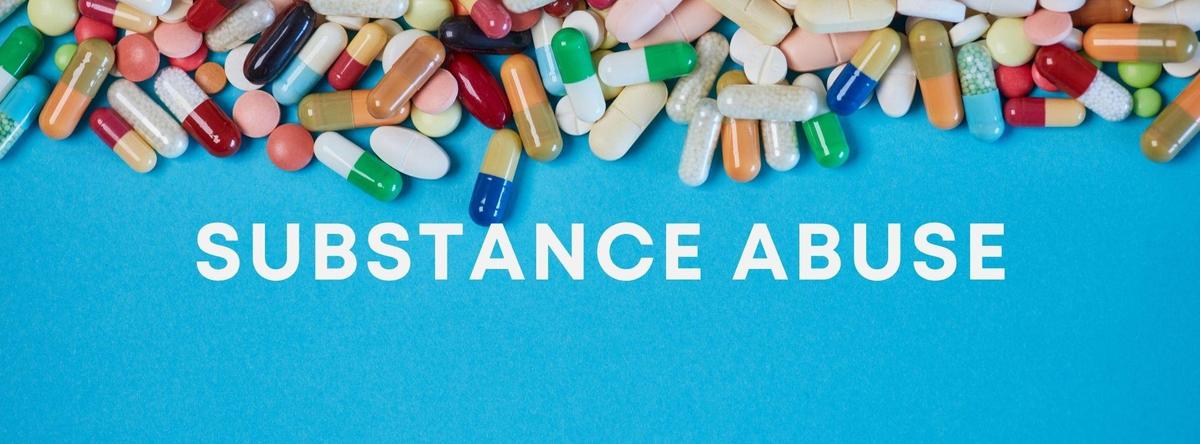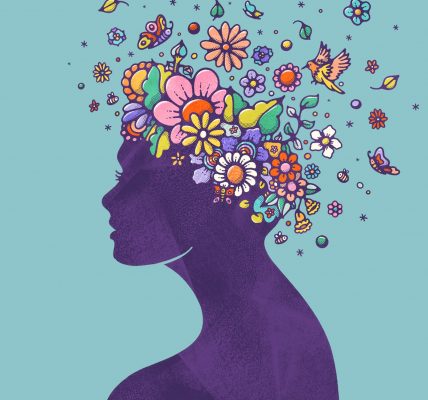Substance abuse, the excessive use of alcohol, drugs, or other substances, is a serious health issue that can lead to a variety of physical, psychological, and social problems. It can affect people of all ages, backgrounds, and socioeconomic statuses.
Common Substances of Abuse
- Alcohol: Excessive alcohol consumption can lead to liver damage, heart disease, and various other health problems.
- Illicit Drugs: Substances like cocaine, heroin, and marijuana can have severe consequences, including addiction, overdose, and mental health issues.
- Prescription Drugs: Misuse or abuse of prescription medications, such as opioids and benzodiazepines, can lead to addiction and overdose.
Signs of Substance Abuse
- Changes in Behavior: Increased irritability, mood swings, or withdrawal from social activities.
- Physical Changes: Weight loss or gain, poor hygiene, and physical symptoms like tremors or slurred speech.
- Financial Problems: Difficulty paying bills, job loss, or legal troubles.
- Relationship Issues: Strained relationships with family and friends.
- Legal Issues: Arrests for driving under the influence or other criminal activities.
Seeking Help for Substance Abuse
If you or someone you know is struggling with substance abuse, it’s important to seek professional help. Treatment options may include:
- Detoxification: A medically supervised process to safely withdraw from substances.
- Rehabilitation Programs: Intensive programs that provide therapy, counseling, and support.
- Medication-Assisted Treatment: Medications can help manage withdrawal symptoms and reduce cravings.
- Therapy: Individual, group, or family therapy can address underlying issues and develop coping strategies.
Prevention and Education
Preventing substance abuse involves a multi-faceted approach, including:
- Education and Awareness: Teaching young people about the dangers of substance abuse.
- Early Intervention: Identifying and addressing substance abuse problems at an early stage.
- Community-Based Programs: Providing support and resources to individuals and families affected by substance abuse.
- Reducing Stigma: Promoting understanding and compassion for those struggling with addiction.
By understanding the risks and seeking help when needed, individuals can overcome substance abuse and lead healthy, fulfilling lives.




